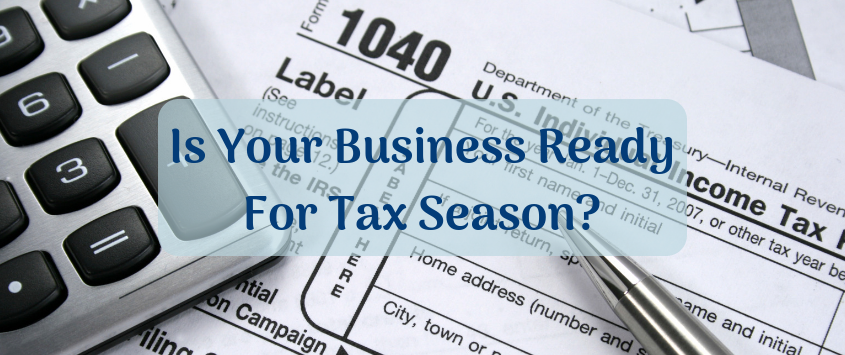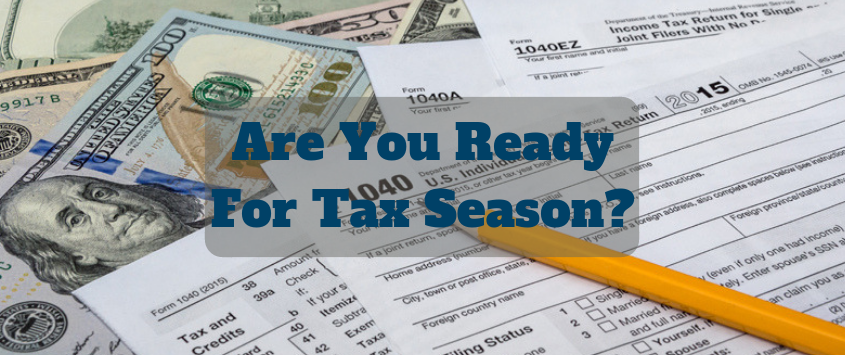5 Ways to Make Yourself Save Money
We’re all good at something, but not everything. And saving money is one of those things that lots of people say they’re not good at doing, But, what if saving money didn’t require lots of “doing?” What if it required only a little effort and almost no time? What if saving money could be built into your current lifestyle? If this sounds good to you, there are at least five ways to save money that require low commitment on your part, but which have the potential to yield bigger rewards than your current efforts to save money.
Sell old items and bank the money
Most people look at their income and reason that they simply don’t have enough money to pay the bills, live and save. Let’s assume that’s true, and so we’ll look somewhere else for money to save besides your paycheck. Look to the items you have stored around your house that are going unused and consider their value if you sold them. Attics, basements, garages and storage lockers are the primary places for valuable — and unused — items to end up. Selling these items online or in a yard sale affords the potential to bring in hundreds of dollars that don’t have to come out of your paycheck to go into your savings account.
Collect and store change
Another way to save money without going directly to your income source is to collect and store change when you make cash purchases. Get a large container, such as a popcorn tin. Every time you feel coins jingling in your pocket or in your purse, throw them in the tin and close the lid. Every now and then, throw a dollar bill in there or a $5 bill. When the tin is full and you count your savings, you may be surprised by how much you’ve saved!
Round up purchases and save the difference
Much like saving coins, a great way to save without feeling too much of a pinch is by using a personal finance app that rounds up your online purchases to the nearest dollar, and then saves the overage to your savings account.
Make a “dream” board
Saving money should always include a goal, so why not make the goal – or dream – come true? Create a dream board that features photos of the item or occasion for which you’re saving. Hang your dream board in an obvious place where you’ll see it every day to remind yourself why you’re saving. Every time you look at the board, put a few dollars aside. Or,when you’re budgeting, look at the dream board to motivate yourself to sock that money away!
Make saving a priority
Whichever one or more methods you choose, you must make saving money a priority if you truly have a desire and a reason to save. Look for additional ways to save,such as using coupons, delaying unnecessary purchases, paying cash instead of using credit, and all the other go-to ways of saving that your parents or grandparents used. In the long run, they’ll free up additional dollars for you to put in the popcorn tin or the savings account and they’ll help you acquire the things you have on your dream board.
Need help managing your finances? Donohoo Accounting Services is a professional accounting services provider, dedicated to helping our clients overcome their financial challenges. To learn more about how Donohoo Accounting Services can help, call us today at 513-528-3982 for a free consultation.
Check us out on Facebook, Twitter and LinkedIn for our latest updates!







